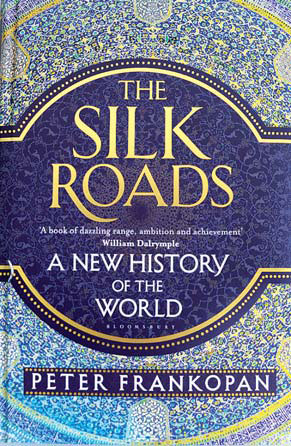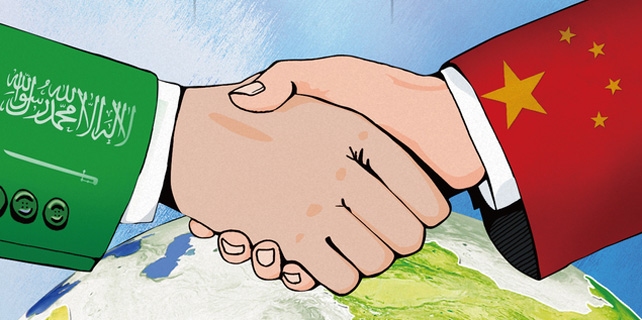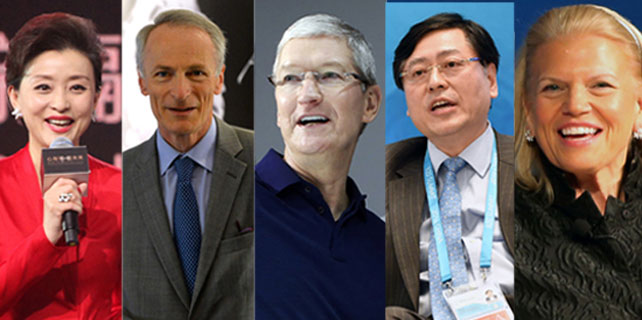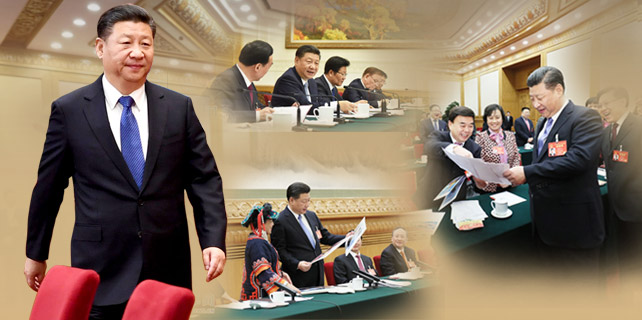Belt and Road Initiative a 'global growth engine'

Frankopan, 45, became interested in the East at the exclusive British public school Eton, where he won a scholarship, largely due to an inspirational teacher.
"I had a fantastic Russian teacher who used to say the best way to learn a language was to sing its peasant songs. He was sent by the school to Baghdad and when he came back he said he would teach us Arabic if we wanted to learn," he recalls.
He went on to study history Jesus College, Cambridge, where he received a prize for the highest first of his year.
He then did both a master's and doctorate in Byzantine history before embarking on an academic career, which he has mostly spent at Oxford, apart from brief spells at Harvard and Princeton.
Despite being British, he also happens to be a Croatian prince, also having the title Count Doimi de Lupis.
"In a bygone age that might have meant something," he says. "I am from a very old family that traces itself back to the Dalmatian coast 700 or 800 years. Nowadays it closes as many doors as it opens."
The historian, however, has come to greater prominence as a result of the huge success of his book, which is also evidence of the interest in the new relevance of these ancient trade routes.
Frankopan insists the new connectivity is not just about building new roads and infrastructure.
"We think above all about roads, trains, ports and airport hubs but it is now also about digital connectivity and internet access," he says.
"Fundamentally, it is also about rule of law. In the book I quote a Chinese text from the 7th century which is about Syria and the protections people had under then law. Today this is still vital as far as how your rights are protected as either an importer or exporter."
The author says it will take many years to assess the success of China's new initiative.
"This transformation of its backyard cannot really happen over four or five years. This is something that is being done for the long term and I think that is also China's own investment horizon and political agenda. It is much more likely to be successful with a longer time scale."
He insists that key to its success is fostering these relationships with the countries on the new routes.
"These types of relationships take an enormously long time to build up. It is about learning how to get on with people, working out what they are like and building strong diplomatic ties."
Frankopan, who addressed Britain's All Party Parliamentary China Group at Westminster earlier this month, says there is a growing awareness in Europe about how important these routes can be.
"I think the question in the UK, in particular, is how do we play a part in this. I think it means spending more time in these regions, sending senior figures and to constantly talk to those in Beijing about initiatives like the AIIB (Asia Infrastructure Investment Bank) and how we can play a more active role."
andrewmoody@chinadaily.com.cn
















